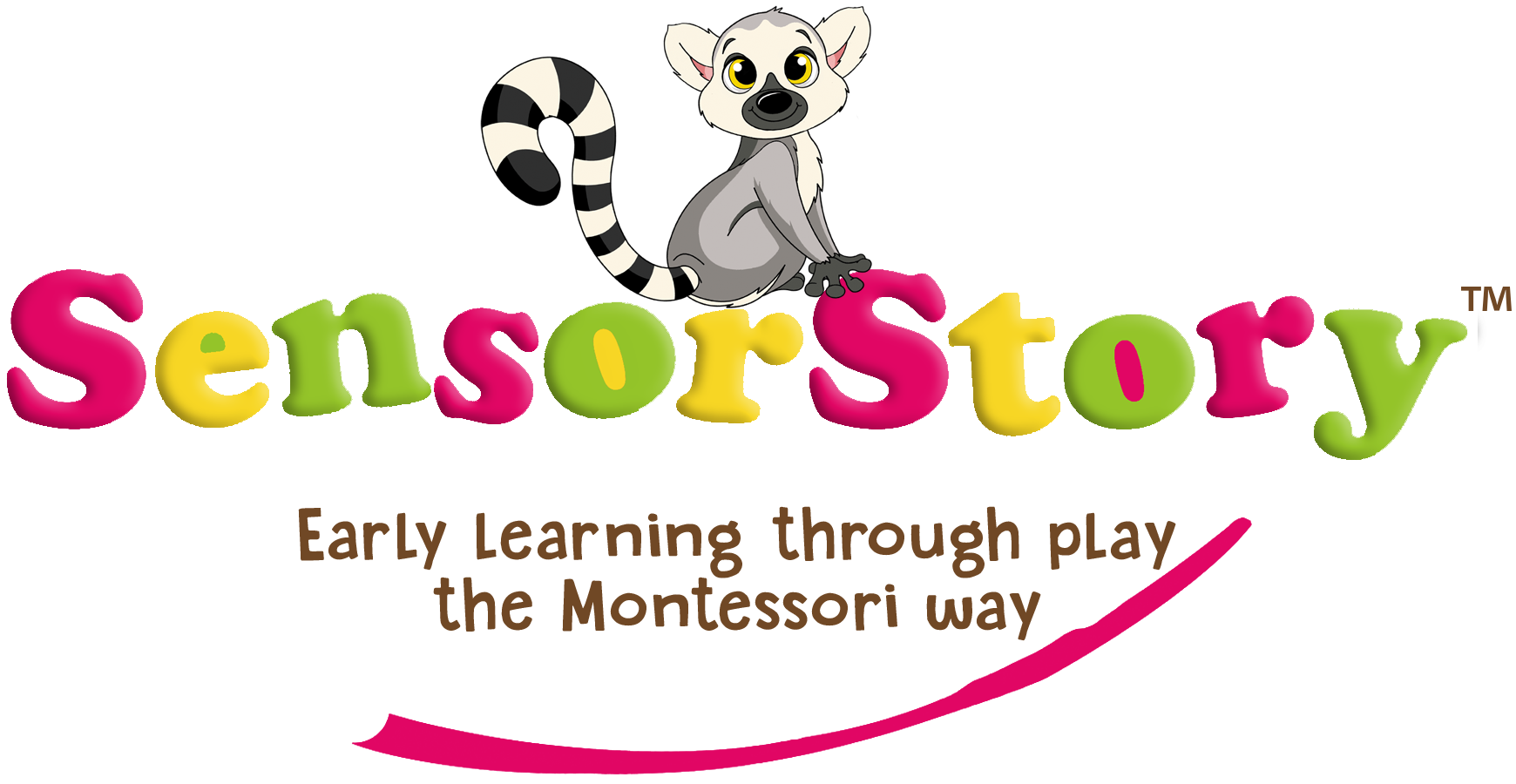Hello parents! As your little one grows and develops, you may have noticed their natural curiosity about the world around them. Encouraging this curiosity is an important part of their learning and development, and it can be lots of fun too. The principles of Montessori education can provide some helpful guidance.
- Provide a variety of materials. Montessori classrooms are known for their abundance of materials that allow children to explore and discover at their own pace. At home, you can provide a selection of different materials for your toddler to play with, such as blocks, dolls, and balls. Toddlers love to explore and discover new things, using their imagination and creativity – this is where toy rotation can be really useful!
- Include your child in everyday tasks. Including them in the the daily rhythm and practical life activities are a great ingredient to encourage curiosity and develop the ability to think and do things for themselves.
- Encourage independence. Montessori education emphasizes the importance of allowing children to be independent and make their own choices. It’s important to give your toddler the freedom to make their own choices and explore their environment at their own pace. Trust us, they’ll love the chance to be in control and figure things out on their own.
- Observe and follow their interests. Your toddler’s interests and curiosities will change over time, so it’s important to pay attention to what they are currently interested in and provide materials and activities that support their curiosity.
- Encourage hands-on learning! Toddlers learn best through hands-on experiences, so provide opportunities for them to touch, feel, and explore the materials you provide. It’s a great way for them to learn about the world.
- Offer rich and engaging environments. The environment in which your toddler plays can have a big impact on their curiosity and learning and help encourage exploration and discovery.
-
Encourage imagination. A common misconception is that the Montessori approach does not support and encourage creativity and imagination. The most common reasons for this misconception are that Montessori materials are for a specific purpose rather than being more open-ended, and that Montessori doesn’t encourage fantasy in children under 6 years old.
Imagination is different from fantasy. Fantasy means making up something that does not exist on reality. Children under 6 don’t easily perceive the difference between something that is made up and something that is real. Imagination on the other hand, is used when our mind takes the information we have collected and thinks up creative possibilities.
Around 2.5+ years our children will begin exploring pretend play. This is a sign that they are processing what they see around them – imagination. They play families, bake us cookies, and pretend to be the school teacher. They are being creative without becoming overwhelmed by the idea of dragons and monsters or other things that they cant see or experience directly – fantasy.
Posted in:
The Whole Child
[vc_widget_sidebar sidebar_id=”sidebar”]
